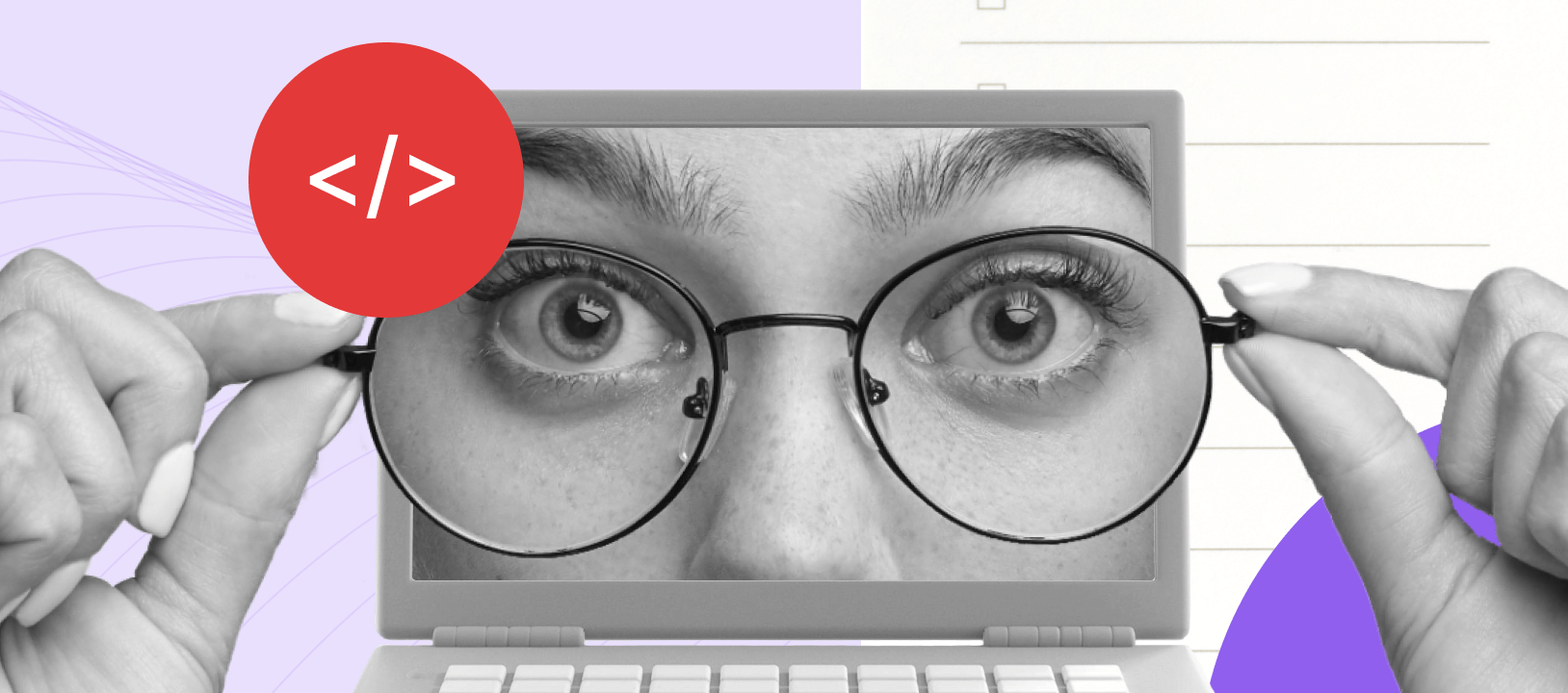Gone are the days of paper medical records — the healthcare industry is inexorably marching into the world of innovation and digital healthcare. Today, EHR software is rather a necessity than a luxury for healthcare providers who want to keep pace with modern technology trends and deliver the best care to patients.
To satisfy the industry’s demand for healthcare software solutions, today’s healthcare software development companies provide a great variety of EHR solutions of different types and functionality. And some providers find it challenging to pick software that will be a perfect fit for their practice. This choice is especially hard to make for small practice owners who need a solution that won’t wreck their budget and be too difficult to implement.
In this article, we are going to explain how to select the right software for your small medical practice.
Things to consider when choosing a small practice EHR
Implementing an EHR system is a significant investment in your practice. Therefore, you should be careful about your choice otherwise it may result in deep disappointment and a huge waste of time, money, and effort.
Below, there are the most important things healthcare providers should consider when choosing a small practice EHR.
Must-have features of a small practice EHR

Small practices operate differently than large ones. Therefore, there’s no need for them to overpay for the extensive functionality designed for large practices. They need a solution that will perfectly fit their small practice needs and won’t be overloaded with features.
The first thing you should do as a small practice owner is to make a list of EHR features you want based on your practice needs.
Should it be a cloud-based EHR or an on-premise solution? Do you want to write medical prescriptions via an EHR? Does it have to meet the Promoting Interoperability Program? Asking yourself these and other questions can help you define the functionality an EHR needs to have.
To help you navigate through EHR functionality we’ve singled out the most significant features small practice owners should look for in an EHR.
Cloud hosting

In a nutshell, there are two main types of EHR software: cloud-based and on-premise. Small practice owners usually opt for cloud-based EHR software.
The first and the most obvious reason for that is the price. Cloud-based EHR software solutions are usually cheaper than on-premise ones. Software development companies usually allow users to pay by subscription. So you can choose one of the pricing plans and pay, say, every month in scheduled increments. Furthermore, some providers offer free trial periods and include staff training and implementation in the price. Therefore, you can test an EHR before buying it and save some money on additional services.
Another argument for cloud-based EHR solutions is that they are much easier to implement, maintain, and update. It all can be done via the internet, therefore, you don’t need to hire a well-staffed IT team like large practices do to help you out.
And last but not the least advantage of a cloud-based EHR is its accessibility. You can have instant access to medical data at any time and from almost any device. It enables you to check patient sanitary documents whenever and wherever you need and, therefore, provide uninterrupted, timely care.
Patient charting with customizable templates

One of the main tasks of an EHR, aside from the simple digitization of paper-based medical records, is to take the burden of recurring, routine tasks off physicians’ shoulders. And that is exactly what templates do.
They can include medical charts, prescriptions, diagnosis tables, etc. Templates help physicians track and manage routine tasks and streamline daily interactions with patients in a single push of a button instead of tiresome manual record keeping. And thanks to that, clinicians can focus on care delivery.
Today’s EHRs offer a set of fully customizable templates that can be easily adjusted to your specialty. Using them physicians can alter templates based on a patient’s unique situation and, thus, personalize care delivery.
E-prescribing

E-prescribing is a must-have feature of a small practice EHR. The benefits of e-prescribing are quite obvious. Above all, it allows doctors to prescribe medication with a single click of a button. It helps eliminate the need for writing prescriptions manually and, accordingly, reduces the risk of medication error caused by clinician’s illegible handwriting. Confirmed prescriptions are sent directly to the patient’s pharmacy, which ensures the patient’s adherence to medicine-taking.
The cost of a small practice EHR

For small practices, it’s crucial to find a perfect balance between the quality and the cost of an EHR solution. Creating a budget will help you determine how much money you can and are ready to spend on an EHR. Don’t forget to account for additional expenses such as staff training, system implementation, and maintenance. This strategy will help you prevent unnecessary costs and avoid overspending.
ONC Certified EHR Software

The Promoting Interoperability Programs established by CMS are aimed at encouraging US healthcare providers to demonstrate the Meaningful use of certified EHR technology (CEHRT).
If you consider taking part in this initiative, you need to choose a certified small practice EHR. To learn which EHR software solutions are certified for the Programs you can visit the Certified Health IT Product List (CHPL).
HIPAA Compliance

The security of healthcare information, as we’ve previously mentioned, should be an issue of paramount importance for healthcare organizations using EHR technology. However, implementing a CEHRT doesn’t guarantee patients’ medical records are protected from data breaches.
After you’ve adopted a certified small practice EHR, you need to conduct a Security Risk Analysis as established by the HIPAA Security Rule. It will help you considerably decrease the number of data breaches and, accordingly protect your practice from huge financial losses and reputational damage.
Summing up
We hope that thanks to these recommendations you have a better understanding of the EHR functionality and know what considerations you need to make when choosing a healthcare software solution for your small practice. The criteria described above will help you to shortlist the best EHR candidates and finally make the right choice without wasting too much money, time, and effort.
To see these principles in action, explore our successful EHR and Medical Billing Software, Healthcare Document Management Software and Medical Billing System case studies, which demonstrate real-world implementations that have transformed practice operations for our clients.
If you are interested in implementing an EHR and looking for a reliable provider who will take care of all the hassles — feel free to get in touch with our consultants. They will gladly guide you on custom software development for your organization.









